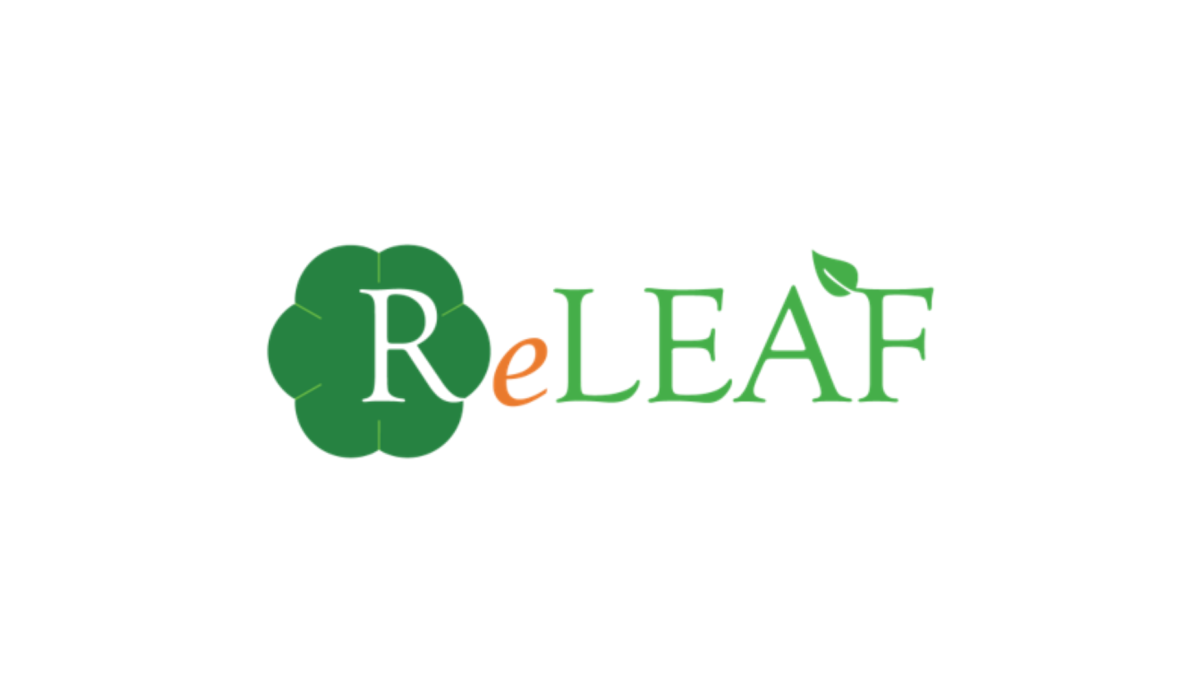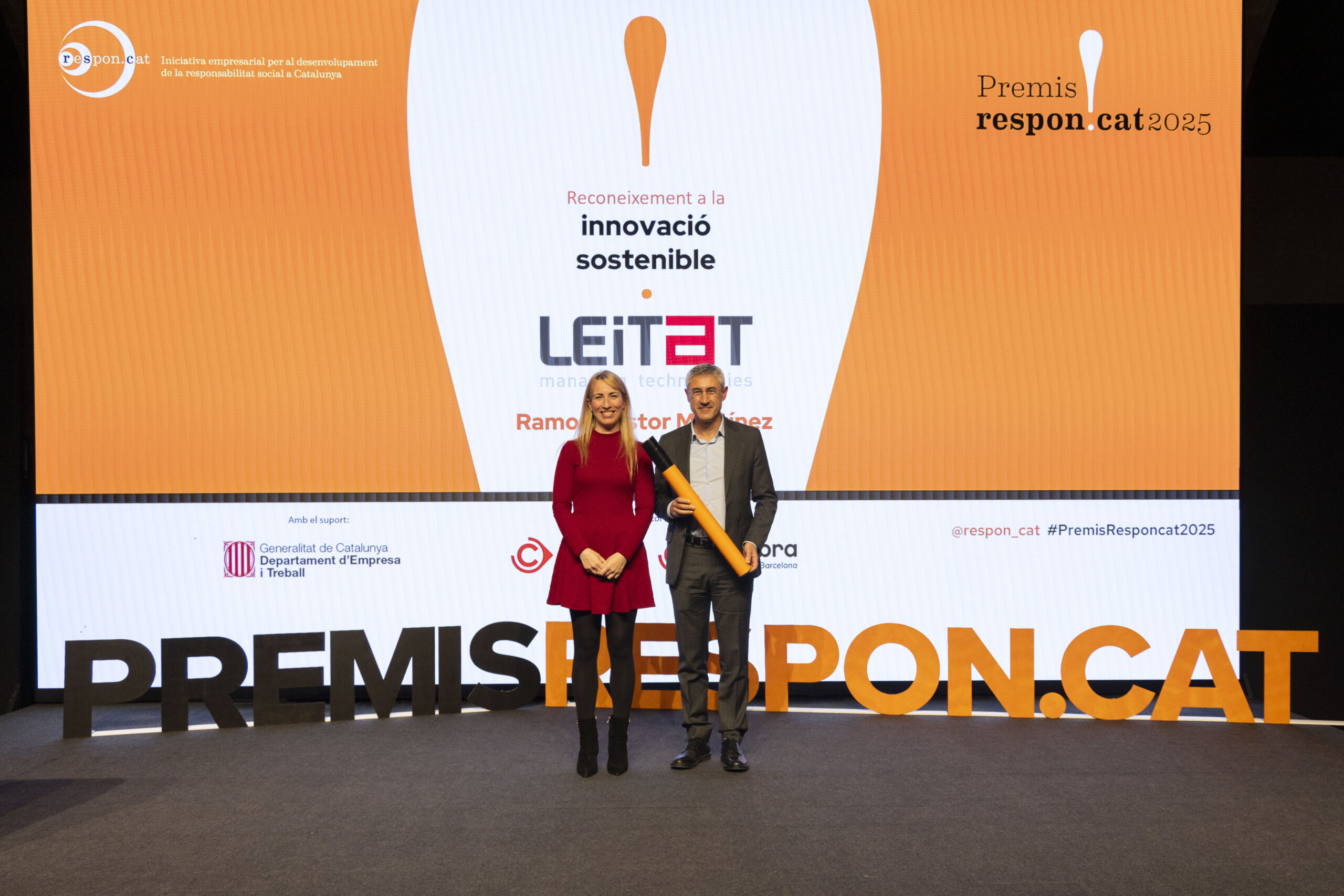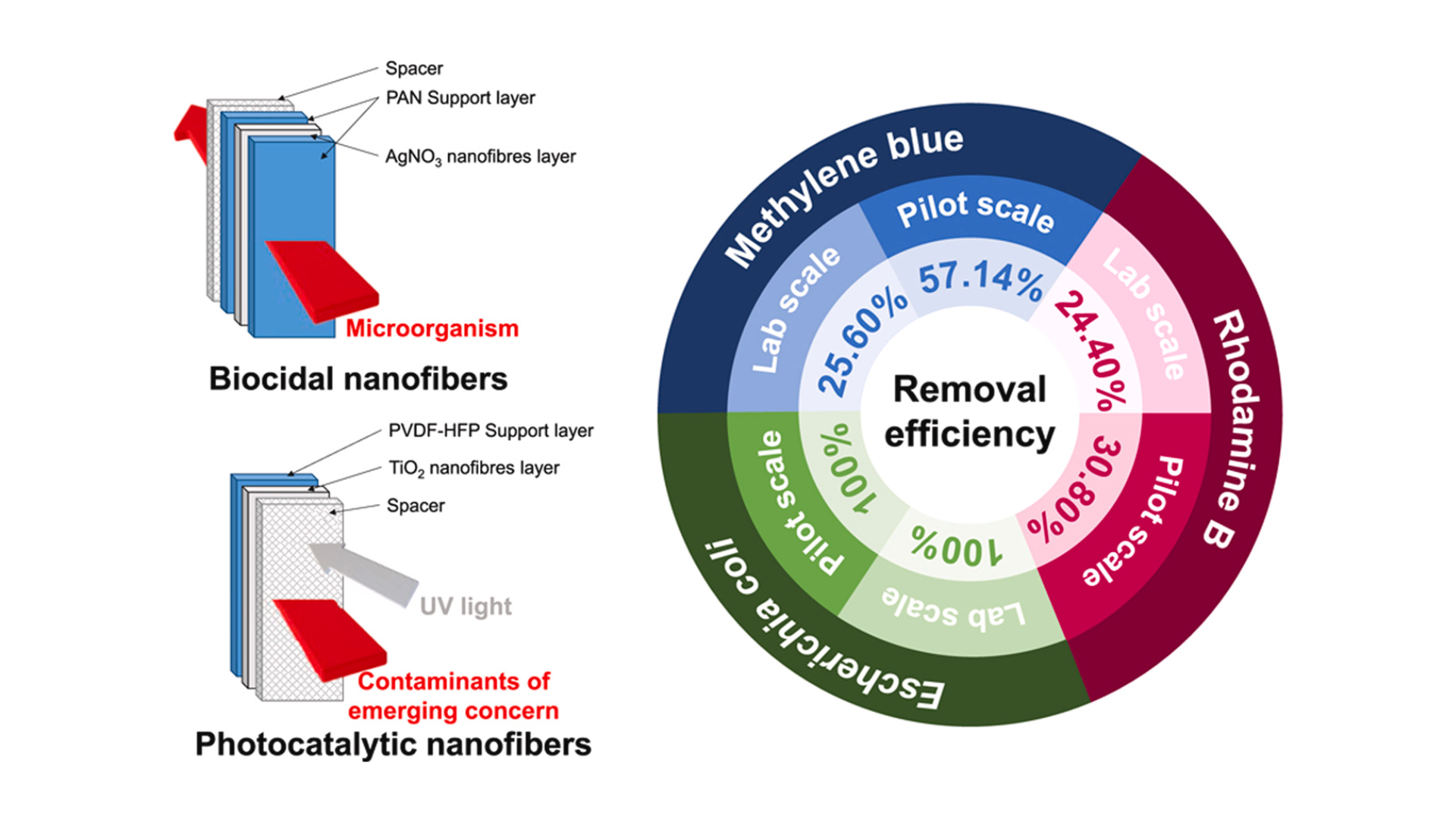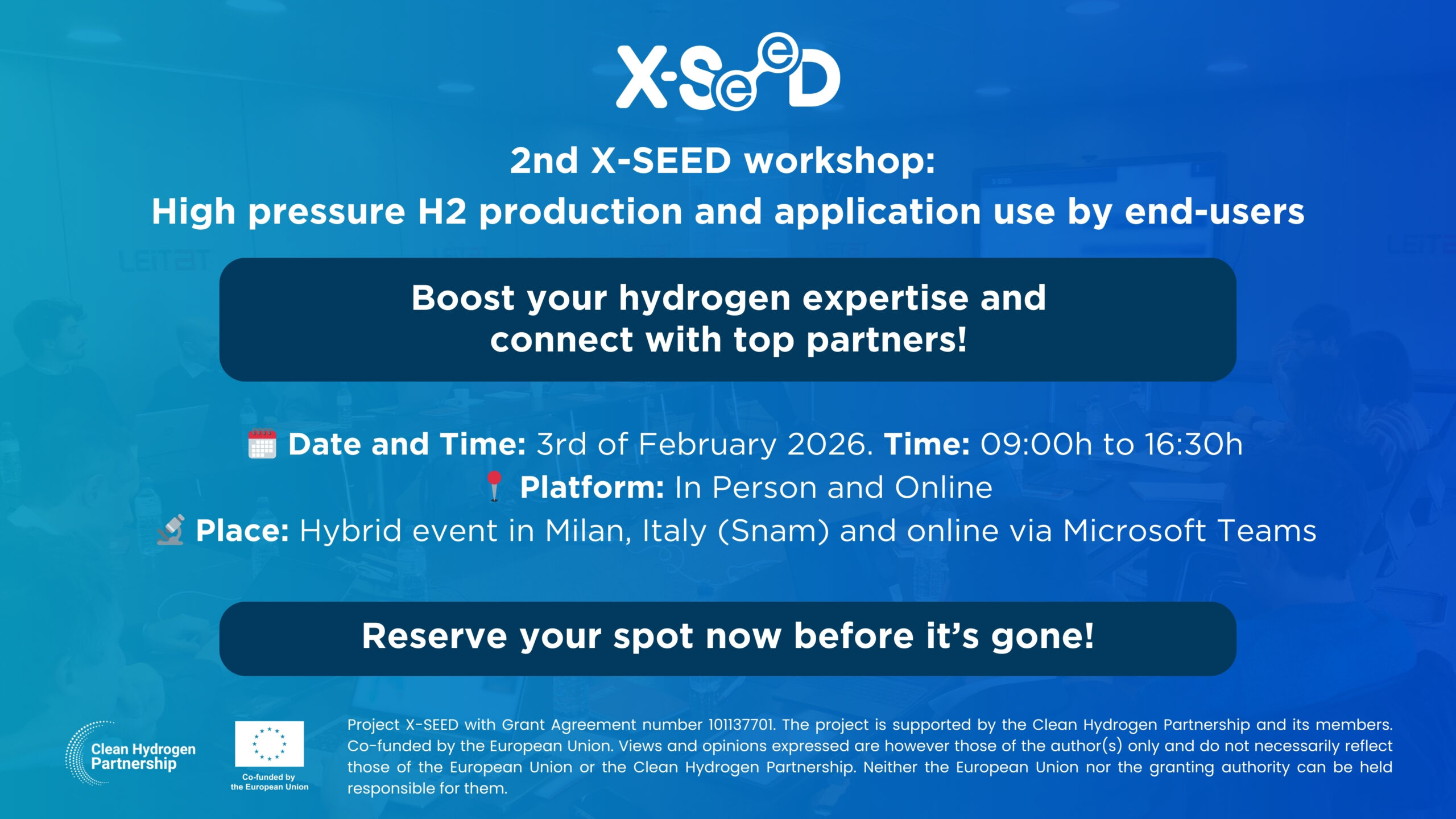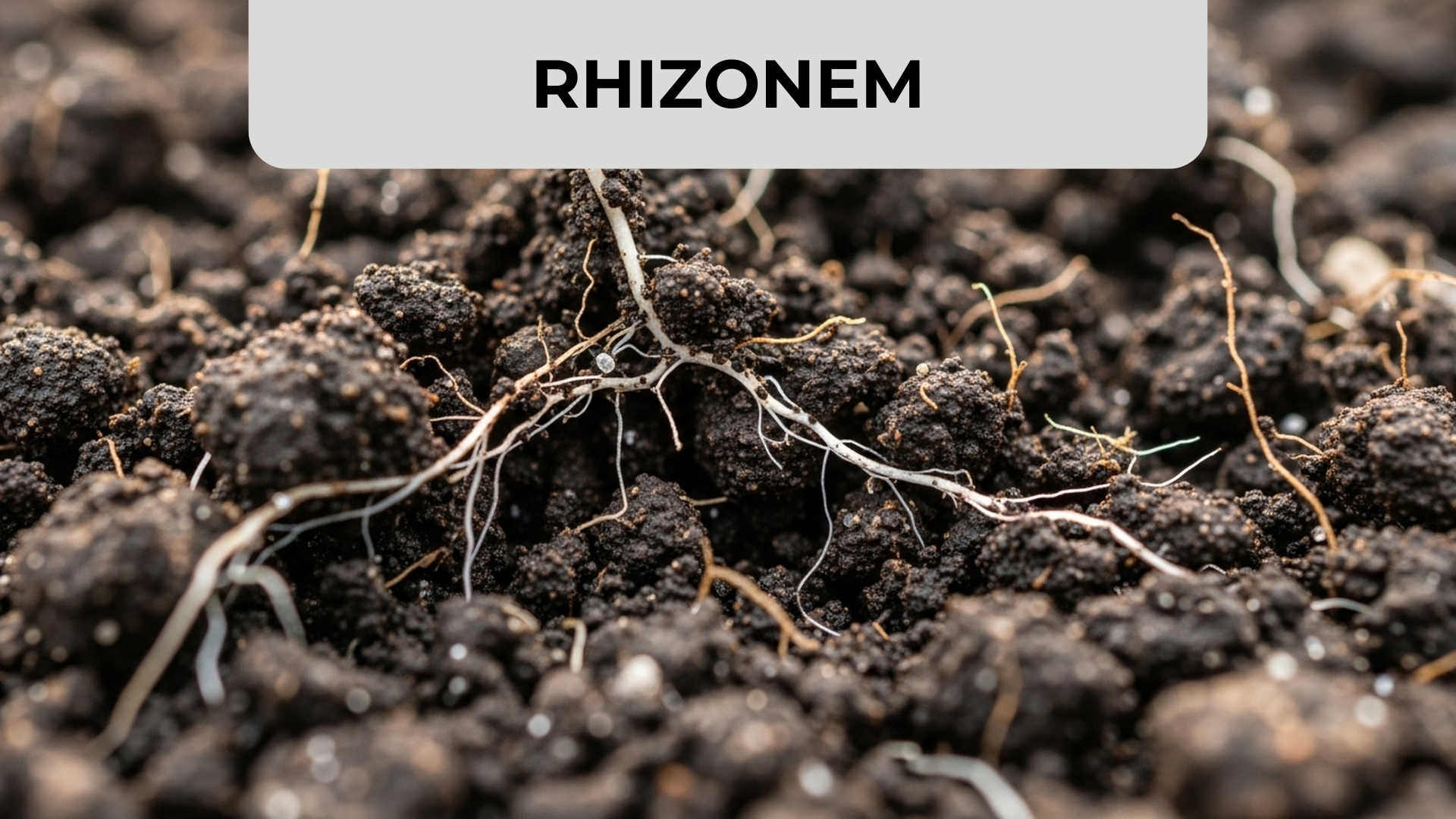Recycling Locally Produces Bio-Wastes to Ensure Affordability and Availability of Innovative Bio-Based Fertilisers
Website: https://releafproject.eu/
Abstract:
Several studies have identified 3 main waste streams that are the most promising for being valorised to obtain bio-based fertilisers (BBFs): (1) manure, (2) sewage sludge, and (3) food chain waste. From these, manure is the largest waste stream, representing more than 70% of the nutrients, but several studies have been conducted in the last 10 years aimed at its valorisation as BBF and have shown that it is a feasible feedstock for obtaining N-rich streams and organic amendments that can be used directly as BBF, but most of them are not suitable to be used as ingredients for centralised high quality fertiliser production due to the presence of pollutants such as heavy metals (mainly Zn and Cu) and organic matter. Sewage sludge and food chain waste have not yet been deeply investigated at the levels required for industrial implementation, such that their fertilising potential is still under-exploited.
The ReLEAF project is based on the advancement and widespread demonstration (in 5 technology demonstration sites) of a suite of extraction techniques to produce key BBF ingredients from waste streams prevalent across Europe – sewage sludge, fish processing waste and wastewater, mixed food waste, and agri-food residues. The formulation and production (in 2 sites) of cost-effective BBFs will address the serious issues of externalities (i.e. dependency on foreign supply chains (P and K), and petroleum-based resources (N)) from fertiliser production and use in European soils together with security of supply and waste valorisation. Investigations of the effectiveness and replicability of the BBFs within the varying climate conditions and soil ecosystems of 4 different field demonstration sites, in addition to co-creation activities, will allow for regional engagement with stakeholders to promote widespread acceptance, while industrial involvement will facilitate a rapid scale up and industrialisation of proposed technologies.
Leitat’s Role in the Project:
Leitat’s primary role and contribution to the project focuses on feedstock requirements and technologies optimisation for compound extraction and ingredient production and project coordination and management.
Project Budget: 7,705,978.75€
Leitat Budget: 951,937.50€
Financial Framework: HORIZON EUROPE
Contract number: 101156998
Start Date: 01/06/2024
End Date: 31/05/2028
Partners:
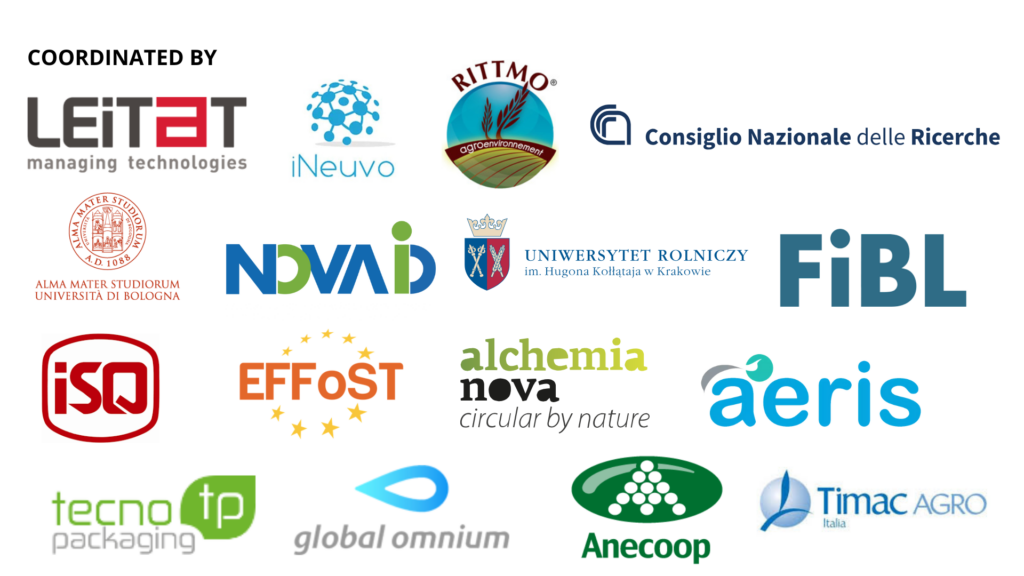
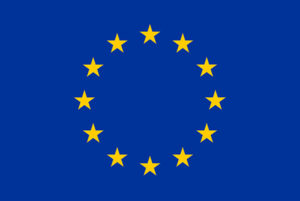
This project has received funding from the European Union’s Horizon Europe research and innovation programme under grant agreement No 101156998. Funded by the European Union.
